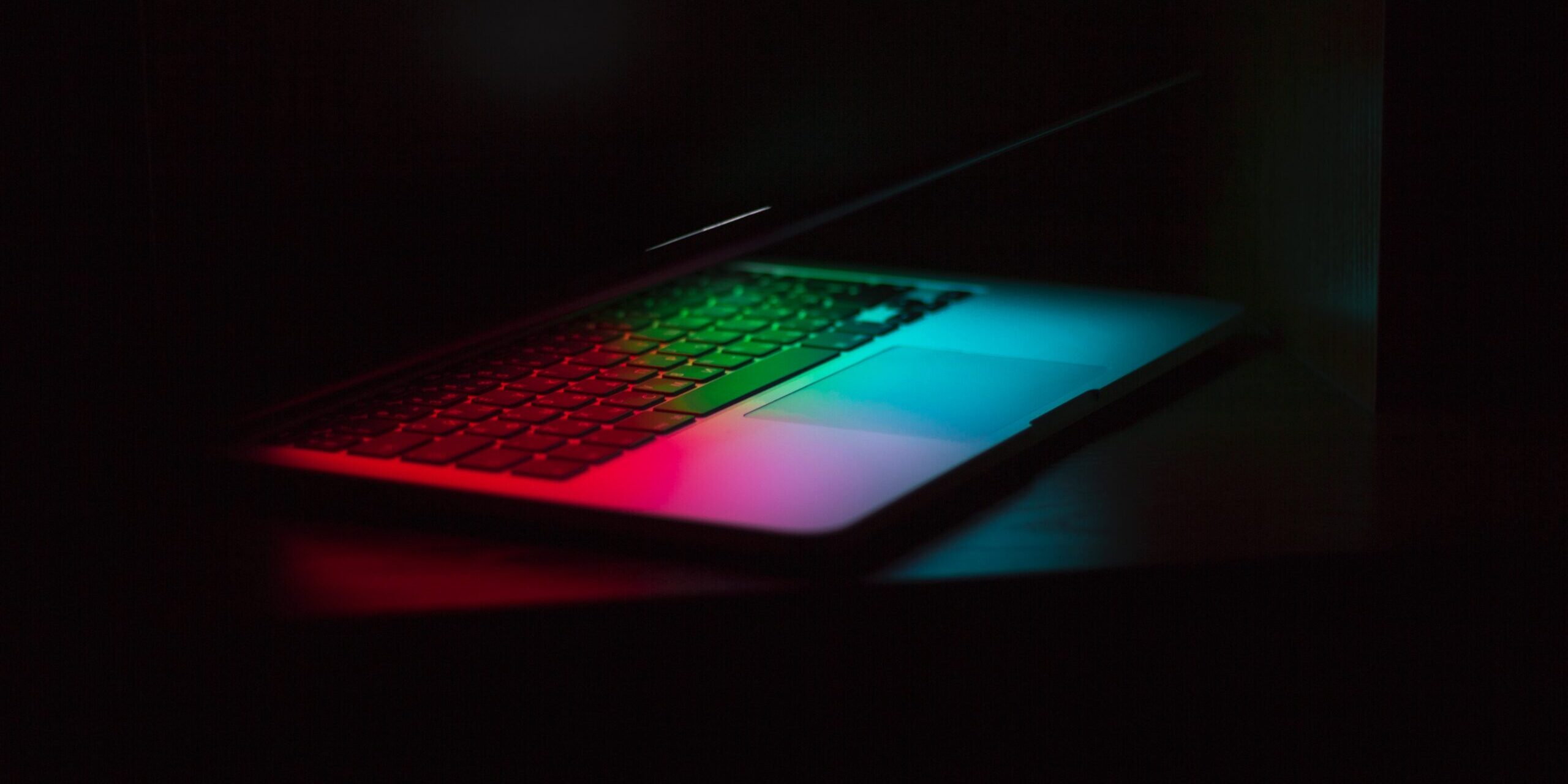The recent lawsuit filed in Los Angeles County Superior Court by G2 Esports against NFT developer Bondly should serve as a warning to IP content owners and creators considering working with an NFT developer/sales agent. To avoid major disagreements and fully protect themselves, IP content owners/creators need a lawyer with experience in documenting and negotiating NFT development, marketing and sale agreement structures.
Here are some crucial factors to consider if you are considering engaging a blockchain developer to develop and sell NFTs (non-fungible tokens) of your IP.
Due Diligence
Before entering into NFT development, marketing and sales agency agreements, IP content owners and creators should conduct adequate due diligence on the NFT developers, marketers and sales agents. Begin by requesting contact information for as many other IP content owners and creators with whom the developer/sales agent has previously worked on similar type NFT projects as possible, and then speak with as many of them as possible about how their NFT development, marketing and sale campaign went.
G2 vs Bondly – A Cautionary Tale
G2 Esports’ recent lawsuit against NFT developer Bondly should serve as a cautionary tale to IP content owners and creators considering contracting with an NFT developer/sales agent. In the court filing, G2, one of the world’s leading esports’ organizations based in Berlin, contends it entered into multi-year exclusive agreements with Bondly, an NFT developer and sales agency, to develop and launch G2’s NFT and digital collectibles strategy and platform using the G2 brand and team and esports player imagery, video and audio. The agreements provided for G2 to receive certain low seven figure annual rights fees and minimum advance guarantees. G2 contends that within about two weeks of mutual contract execution there were already major disagreements as to each party’s respective obligations and responsibilities. According to the court documents, G2 contends that shortly following contract execution Bondly claimed that G2 was responsible for the development and buildout of its own NFT strategy, which G2 contends was one of Bondly’s primary contract obligations to perform. The court filing further provides that following subsequent communications regarding the disagreements, Bondly attempted to terminate the agreement alleging G2’s unwillingness to work together to resolve the situation.
Structuring NFT License Agreements
Whenever there are major disagreements as to each party’s basic contractual obligations and responsibilities it usually means the agreement itself was unclear or ambiguous, or worse yet, altogether failed to address key deal terms that should be included in NFT developer and sales agent agreements. A lawyer experienced in NFT development, marketing and sale deal structuring can ensure that the NFT licensing agreement is properly prepared and protects the rights of the IP owners and creators.
For example, each NFT developer agreement should include or attach a detailed scope or statement of work making it clear and unambiguous each party’s respective tasks that must be performed within certain specified time periods. IP content owner and creator approval procedures must be explicit, especially during the NFT development and buildout phases. Additionally, each party’s termination rights must also be easily understood and not subject to differing interpretations.
If a creator only wants to license their content for purposes of NFT creation and sale, it is critical that the scope of the license agreement is limited to NFT purposes with all other uses excluded or restricted. Furthermore, the license should include a dragnet provision that all other rights in the IP content are reserved to the licensor content owner or creator.
The license agreement should also include provisions that limit or forbid the NFT developer’s ability to modify your original content or use it in conjunction with any other third-party content.
NFTs provide exciting additional revenue prospects for creative artists and IP content owners, yet with this innovative commercial exploitation opportunity comes the possibility of unintended consequences. If you are thinking about licensing or selling your creative works or other IP content as NFTs and need help safeguarding your intellectual property rights, contact us now by phone or email to schedule a consultation. We can assist you in designing an NFT solution that is custom tailored to your specific type of IP content.








